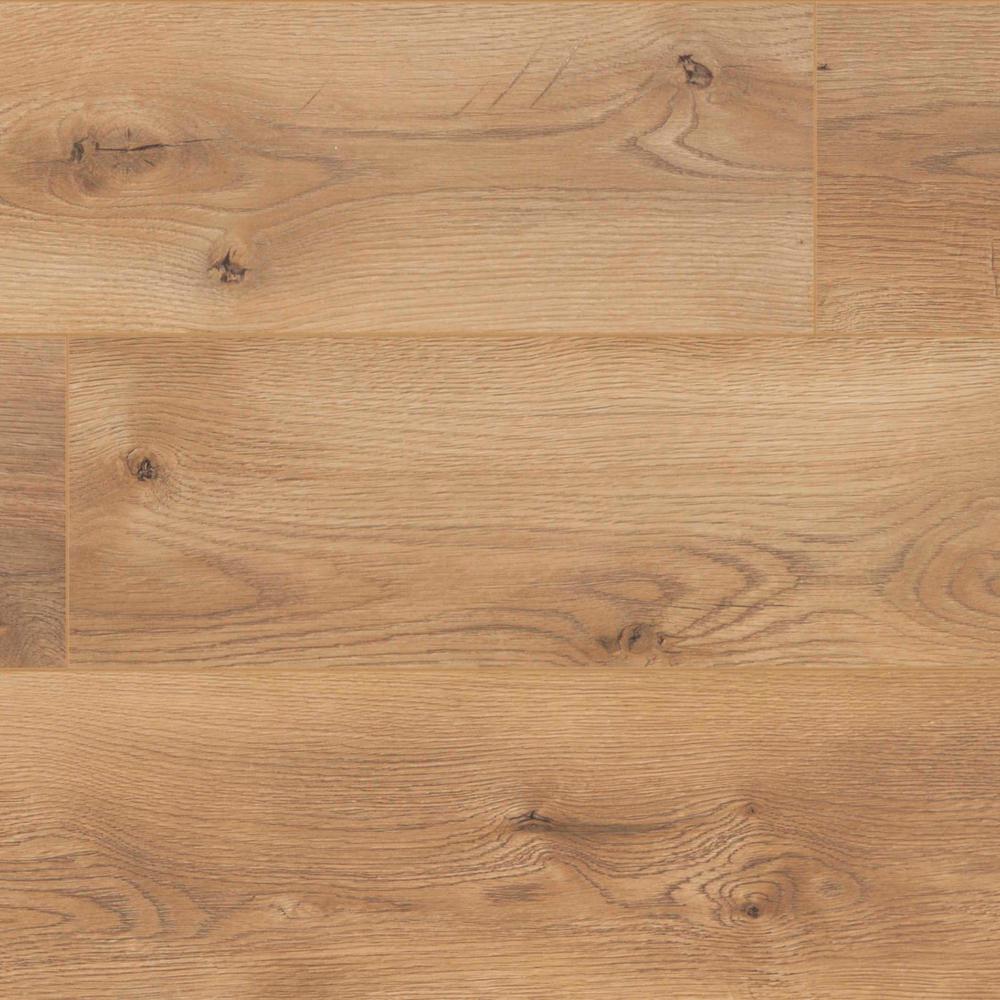Blue stains come in various colors with the most common ranging from blue to bluish black and gray to brown although various shades of yellow orange purple and red sometimes appear.
What causes laminated oak to turn bluish in color.
Heartwood may make up most of the wood in the tree such as with oak or may make up very little such as with maple or pine.
Formica brand laminate offers a broader range of looks than ever before.
A stark difference in the colors and wood tones in a room can make your wood furnishings or floors look even more distinct.
Mix and match solids graphic patterns and finishes.
Although black white red and other oak species retain their color fairly well.
Dark finishes such as mahogany walnut or cherry stand out in sharp relief against light colors such as a pale green or blue or a hue from the sunny side of the color wheel.
Blue stain shows as bluish to bluish black or gray to brown.
Opt for a wood laminate that has a similar color and grain as your oak cabinets but choose a style that adds variation and a touch of pizzazz.
The original high pressure laminate by formica group.
Transform spaces with our modern laminates that are as beautiful as they are durable.
The resulting blue black from this reaction is as deep into the wood relative to how much time the iron and tannic acid were present.
Blue stain that develops on the lumber is a result of the tannic acid rich log moisture mixing with the iron of the saw blade.
The affected areas can be spotty or streaky.
Cooling water enhances this contributing more moisture to the chemical reaction.
For example consider hand scraped oak laminate.
Some wood furniture develops rich warm colors with age but not oak.
Wood finishing and the causes of gray areas on unfinished oak.
Oak should have a light amber or pinkish tint to it.
The affected wood is then said to be sap stained the discoloration varies depending on the infecting organism wood species and moisture situation but a blue stain is the most common type.
The heartwood color varies from species to species for example red.
This discoloration is often known as blue stain or brown stain due to the color of the fungi.
In kiln dried lumber this fungus is not living does not cause decay is not a mold will not spread is not a health concern and will not affect the structural integrity or the strength of the wood.
Achieve the look you want for any design challenge or budget.
Some gray areas are naturally occurring in the wood and some are caused by.





























